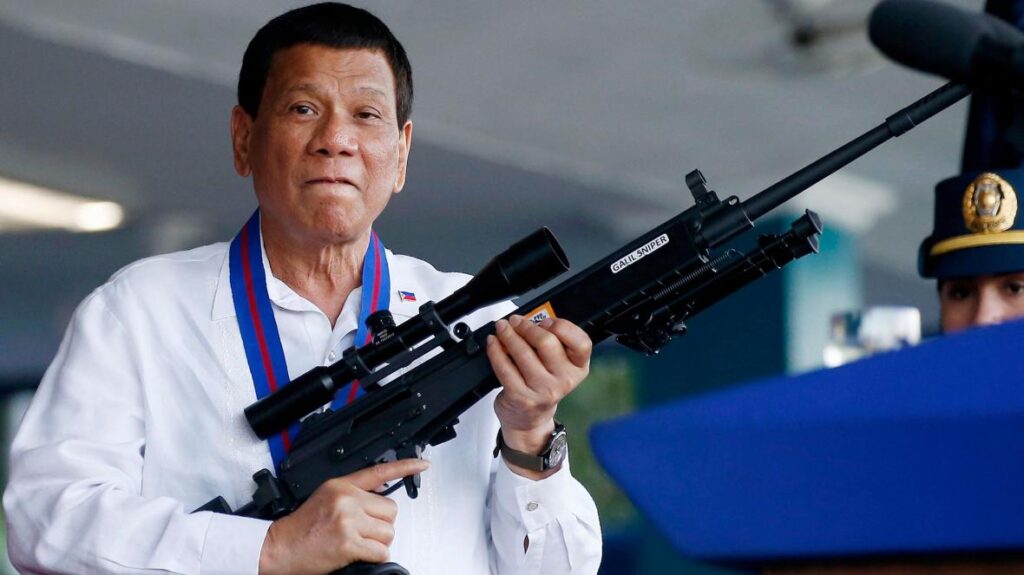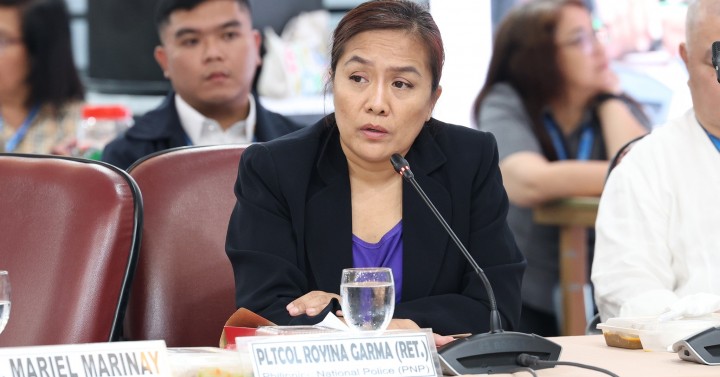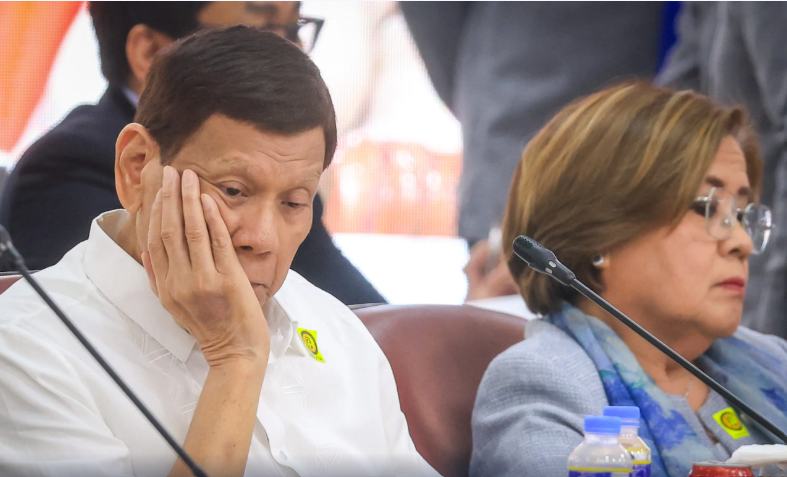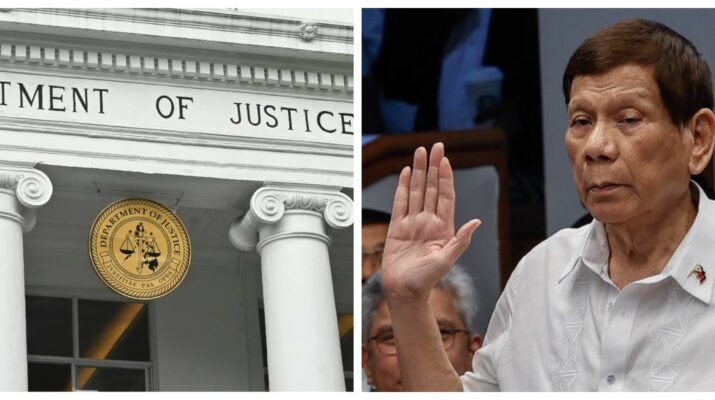Since August, the House of Representatives (HoR) has convened a joint panel to examine human rights abuses committed by the police during former president Rodrigo Duterte’s “war on drugs”.
Initially, the lower chamber of Congress had been investigating Philippine Offshore Gaming Operators (POGOs) and alleged criminal activity happening inside those facilities. But when this probe uncovered that money from these illegal gambling firms were being used to pay off assassins in the drug war, the House sought to look into extrajudicial killings under the Duterte administration as well.
In the almost four months that House representatives have been gathering testimony and scrutinizing individuals involved in the drug war’s implementation, the picture that unraveled became undeniable.
Under President Duterte, state forces were used to kill individuals allegedly involved in drugs, and were ordered to “encourage” suspects to fight back to justify using deadly force against them. At the same time, these cops were rewarded with a bounty system that is believed to be funded using dirty money as well.

In addition, Espenido also bared that there are ‘quotas’ which cops must meet, in terms of drug war killings and were given cash rewards for meeting those quotas. The police official was also the first to reveal to the House that money from POGOs was used to reward drug war assassins.
It can be remembered that Espenido gained national prominence for leading the operations that led to the high-profile deaths of Albuera, Leyte mayor Rolando Espinosa and of Ozamiz City mayor, Reynaldo Parojinog. These high-profile kills won Espenido favor with the former president, with the latter even saying at one point that the police official was “free to kill everybody“.
Hence why it is difficult to ignore Espenido’s pronouncements; being one of the most favored police officers by Duterte and Dela Rosa, why would he make such allegations unless they were true?
Another high-ranking PNP official who was close to Duterte is retired police colonel, Royina Garma. She enjoyed such a close relationship with Duterte that she was appointed into key government roles shortly after leaving the force.
Appearing before the House Quad-Committee, Garma elucidated further the structure of this rewards system by saying that it is the same model Duterte used for vigilante killings in Davao City when he was the mayor. She testified that drug war kills rewarded anywhere between Php20,000 (US$330) to Php1 million (US$17,000) for each kill – depending on how prominent the target was.

This was corroborated by another retired police colonel, Edilberto Leonardo, who initially denied the reward system existed but later changed his tune when grilled by the Quad-Comm. Garma also bared that it was Leonardo who created the task force and organizational structure of drug war operatives – an allegation which was again confirmed by the latter himself.
Similar to Espenido, both Garma and Leonardo are police officials whom Duterte leaned on a lot during his time as president. Their proximity to the former president and their respective roles in implementing the drug war gives credence to their testimonies before the House.
However, it is not necessary to rely solely on the testimonies of those drug war insiders. Rodrigo Duterte himself has made an appearance at the House quad-comm inquiry and handed the smoking gun right to the panel’s chairmen.
After months of ignoring the Quad-Comm’s invitation to attend the hearing, the former president finally made himself available on 13 November. During this episode of the inquiry, Duterte confirmed a rewards system for cops implementing drug war killings; but denied it is the same model that Garma had shared.
The former president also confirmed the “Davao model” that he first used in his hometown, which he then replicated at a national level upon assuming the presidency. It was a confirmation of Garma’s testimony on the genesis of the war on drugs, and an admission of the use of death squads through the police force.
This latest batch of testimonies is in addition to the earlier confessions Duterte made when he was asked to appear at a similar investigation conducted by the Senate. In that hearing, Duterte revealed that he ordered police to “encourage” suspects to fight back and in turn, justify the use of lethal means against that suspect.
By confirming the requirement for police to kill, Duterte is effectively substantiating Garma’s claim of a quota system of drug war kills that cops must meet. It is a vindication of what human rights groups and other critics of the drug war have been saying all along: that the “war on drugs” was designed to kill people, rather than to rehabilitate addicts and deter the youth from future drug use.

Given the explicit admissions made by the former president, there should be no doubt that he is liable for the crimes against humanity that occurred under his watch. By all accounts, the human rights abuses and innocent lives lost during the drug war could all be blamed on Duterte himself for ordering, and even incentivizing, the use of deadly force in that campaign.
However, both the inquiries made by the House and the Senate are all done “in aid of legislation” and not to prosecute. After all, both chambers belong to the legislative – not judicial – branch of government and cannot meddle in judicial affairs.
What the Quad-Comm hearing does, however, is gather evidence and publicize admissions made by the erring parties. Duterte’s recent appearance at their inquiry certainly fits that bill, and as outlined in this blog he has given the House panel plenty of ammunition.
Hence why instead of future Quad-Comm investigations investigating Duterte, the House should make all evidence gathered available to the Department of Justice (DOJ) – an agency which does have prosecutorial powers. This was precisely the motion of a lawmaker who participated in the Quad-Comm hearing, Batangas Rep. Jinky Luistro, who recommended the filing of charges for violations of international humanitarian law.
With the testimony of police officials who were involved in the drug war implementation, as well as the incriminating statements that the former president made himself, there should be enough evidence to pin down Duterte for human rights violations that occurred during his drug war.
After all, bringing Duterte to justice should be the ultimate goal and this is what the House Quad-Committee must focus on doing now.

